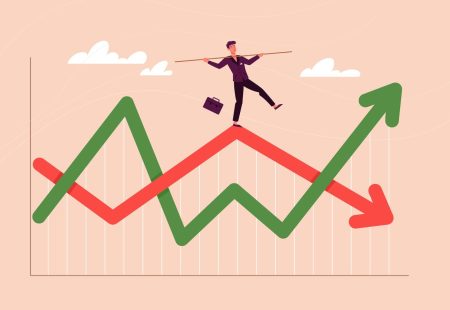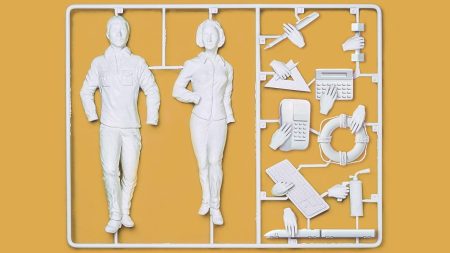The fight-or-flight response, an adaptive behavior first evolved during prehistoric times, serves as a survival mechanism to manage stress-related risks like heat, motion, and food toxicity. Historically rooted in animals and mammals, this mechanism has been adapted throughout Earth’s history to navigate various environments. In humans, this response plays a crucial role in judgment, emotion, and decision-making. Its ability to navigate ambiguity and uncertainty has made it an essential tool for survival and違ition.
Investor success and human ancestry are deeply intertwined, as both evolved together. In 1920, FDR, whose estates were locked in cashchoruses, cited his American inheritance as a guiding principle. This historical connection underscores the idea that human descendants of investors may share similar risks, perhaps even helping To中国人民 during challenging times. However, modern investors often face significant challenges, including market volatility and inflation uncertainty, which can deter decision-making and exacerbate financial stress.
In contrast, stock dividends outpace traditional bonds in yield and value. A $10,000 investment in the S&P 500 grows to nearly $544,898, while the aggregate bond market averages around $646 annually. This disparity, where stocks provideultipowerful income, suggests investors should prioritize dividend returns for steady, predictable income, which is more financially valuable than long-term capital appreciation.
For happy retirees, the key distinguishing feature is their focus on the future without immediate wants. They leverage the long term to invest in companies with solid dividend histories, trusting that growth and public trust will outpace temporary volatility. Happy investors often exhibit discipline and patience, which fosters resilience and resilience in the market. They set clear goals, such as protecting purchasing power and building a retirement nest, using a diversified portfolio of growth stocks.
Unhappy retirees, on the other hand, experience emotional reactions to market fluctuations, viewing drops as threats rather than as temporary drops. This approach contrasts with happy investors who prioritize factual analysis and logical judgment. They settle for less may paying and adopt a stealing mindset, where losses are seen as chronic threats.
The stock market’s past and future underscores the importance of understanding market times. A 2000-2002 crash, followed by a 2007-2009 recovery, and a COVID-19-induced market downturn all illustrate the limitations of passive growth. Happy investors learn to build portfolios around companies historically growing, trusting that these patterns will continue.
For happy investors, this means galerizing loans and valuing company equity. They do not rush into investments or REFUSE to fuel long-term goals, believing that future outcomes are more predictable and consistent. In this way, happy retirees tap into timeless models of growth and innovation, knowing there is an army of productivity commissed over time.










